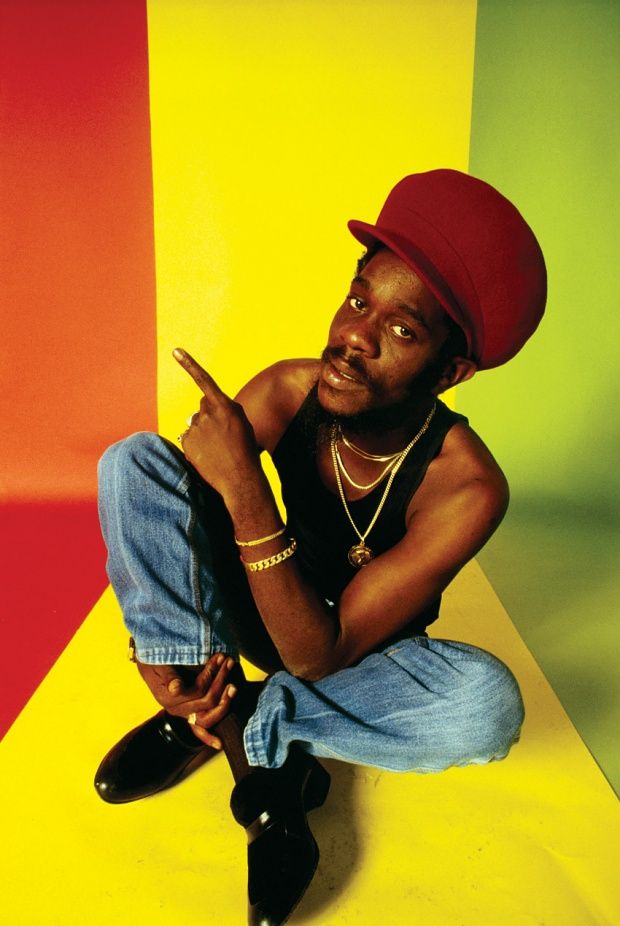Reggae Month in Jamaica is a time of reflection, celebration, and tribute to the genre’s pioneers, none more revered than the legendary Dennis Emanuel Brown.
Born on February 1, 1957, in Kingston, Brown displayed extraordinary musical talent from a young age. By 11, he had recorded his first song, setting the foundation for a career that would earn him the title “Crowned Prince of Reggae,” affectionately bestowed upon him by Bob Marley, who considered Brown his favorite reggae singer.
During an interview with Freddie McGregor a few years ago, he warmly recalled his friendship with Dennis, noting that before Brown was known as the Crowned Prince, the reggae community likened him to America’s Michael Jackson. He reminisced about their early days with Coxsone Dodd, recalling a young Dennis arriving at the studio in his long-sleeve frill shirt and bell-bottom pants, exuding star quality.
I had the incredible opportunity to meet this musical luminary about a year before his passing in 1999. During our brief interaction, I expressed my deep admiration for his contributions to reggae. His warm nods and smiles reassured me of his humility and love for his fans. That night, I had the honor of serving as the MC for a concert in November 1998. Before I left his presence, he asked, “You are introducing me, right?” As if to say, I would be a good MC to introduce him. “Indeed,” I confirmed.
Backstage, as the band played electrifying renditions of his greatest hits, the crowd buzzed with anticipation. When the moment finally arrived, I concluded my introduction, and the audience erupted into a deafening roar. I turned to look at Dennis—he was all smiles, his approval evident. Then, his unmistakable voice broke through the moment: “Love and Hate can never be friends.” The melody wove an intricate tapestry of emotion, leaving an indelible mark on everyone present.
Dennis Brown’s career showcased an impressive array of vocal abilities and emotional depth. His early hits, including “No Man is an Island,” resonated deeply with fans. His artistic evolution remained a hallmark of his work, with his sensitivity and vocal versatility allowing him to interpret beloved songs such as “Little Green Apples” and “Lips of Wine.” His catalog of classics—“Money in My Pocket,” “Revolution,” “Love Has Found Its Way,” “If I Had the World,” and “Sitting and Watching,” among others—solidified his place in reggae history.
The impact of Dennis Brown on reggae music cannot be overstated. Even after his passing, the world continues to honor his legacy, with Rolling Stone ranking him #67 on its list of the 200 greatest singers of all time in 2023. His influence spans generations, inspiring artists such as Bob Marley, Gregory Isaacs, Freddie McGregor, Beres Hammond, Luciano, Maxi Priest, Richie Stephens, and George Nooks. Today, younger artists like Chronixx and Romain Virgo carry forward the essence of his passion and innovation.
As Reggae Month unfolds, we are reminded of Dennis Brown’s lasting contributions to the genre. His music, deeply rooted in love, resilience, and cultural pride, continues to inspire fans worldwide. Whether we skank, sing, reflect, or simply listen, his voice remains a bridge between past and present, a testament to the enduring power of reggae music.
Let us honor Dennis Brown not only by celebrating his unmatched legacy but also by embracing the values his music embodies—love, unity, and the unyielding spirit of reggae. His artistry remains timeless, ensuring that his influence endures for generations to come.








